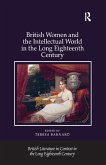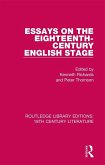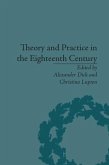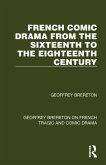Transatlantic Engagements with the British Eighteenth Century revisits eighteenth-century cultural artifacts through the lens of creative works produced by contemporary writers Beryl Gilroy (Guyana), Derek Walcott (St. Lucia), Wole Soyinka (Nigeria), and David Dabydeen (Guyana). While early studies of post-colonization literature focused on how revisions of historical works "write back" to the British empire, this study argues that trans-historical, cross-cultural dialogues also reveal the global complexity of eighteenth-century cultural forms (i.e. the periodical essay, travel narrative, pantomime, satirical engraving, and slave narrative). By transforming the generic form of their eighteenth-century sources, the African and Caribbean writers in this study strategically call attention to the modes of storytelling utilized by eighteenth-century writers Richard Steele, Daniel Defoe, Jonathan Swift, William Hogarth, Isaac Bickerstaff, and Ignatius Sancho, and subsequently expose how the encounters, exchanges, and acts of resistance taking place around the world influenced aesthetic experimentation in England. Transatlantic Engagements with the British Eighteenth Century is thus a reconsideration of eighteenth-century literature, art, and drama. However, because these engagements with British literature, art, and drama concurrently reflect twentieth-century encounters with neocolonial oppression, political violence, and racism, this study also proposes that engagements with the British eighteenth century double as inquiries into whether the modern world has progressed since the eighteenth century.
Bitte wählen Sie Ihr Anliegen aus.
Rechnungen
Retourenschein anfordern
Bestellstatus
Storno








